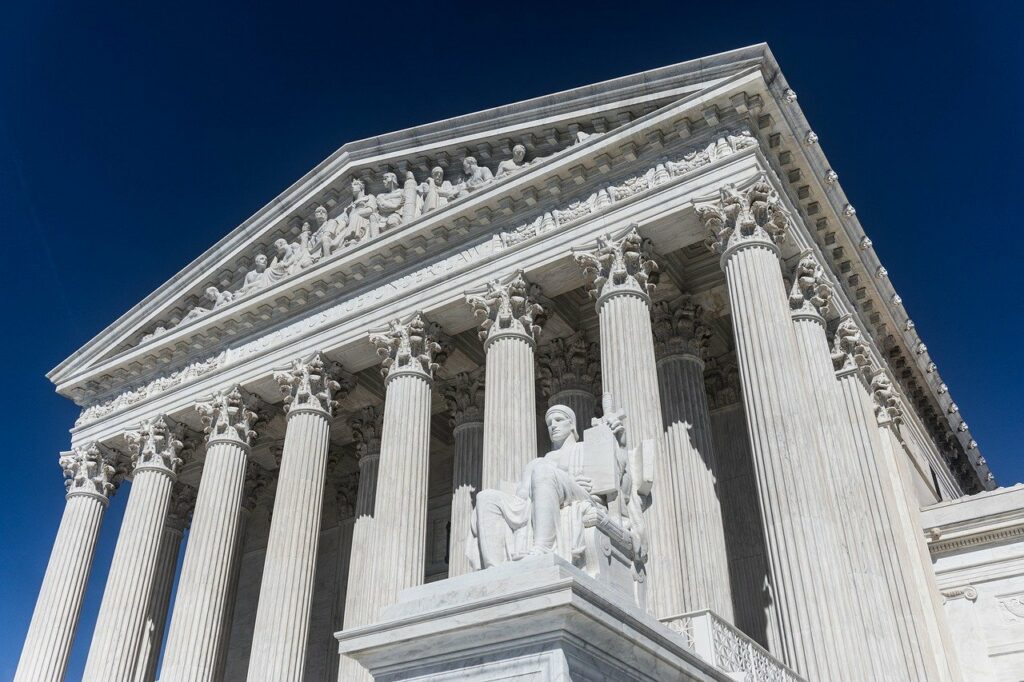The U.S. Supreme Court is set to review a pivotal case, Littlejohn v. School Board of Leon County, that could fundamentally reshape parents’ rights in public education. At issue: whether a Florida school violated the constitutional guarantee that parents have the right to direct the upbringing of their children under the 14th Amendment.
The dispute stems from a complaint filed by parents of a 13-year-old girl, who assert the school developed a “gender support plan” for their child without their consent or even notification. They contend the school’s private meeting and implementation of the plan interfered with their fundamental parental role.
Lower courts — both the district court in Florida and the 11th Circuit Court of Appeals — dismissed the case. They applied the “shock-the-conscience” standard, finding that even if the parents disagreed with the school’s actions, the officials did not act with intent to harm and thus did not meet the threshold for constitutional violation.
The constitutional crux of the matter lies in whether parental rights should receive strict scrutiny — as protected fundamental liberties — rather than deferential review simply because school officials claim good intentions. The parents argue that their right to oversee their child’s upbringing demands the higher standard of review.
Should the Supreme Court agree to hear the case and rule in favour of the petitioner, the implications would stretch far beyond Florida. A decision affirming heightened protection for parental decision-making in education could force schools nationwide to obtain consent and notify parents in situations involving gender identity, health plans, and perhaps other sensitive educational matters.
